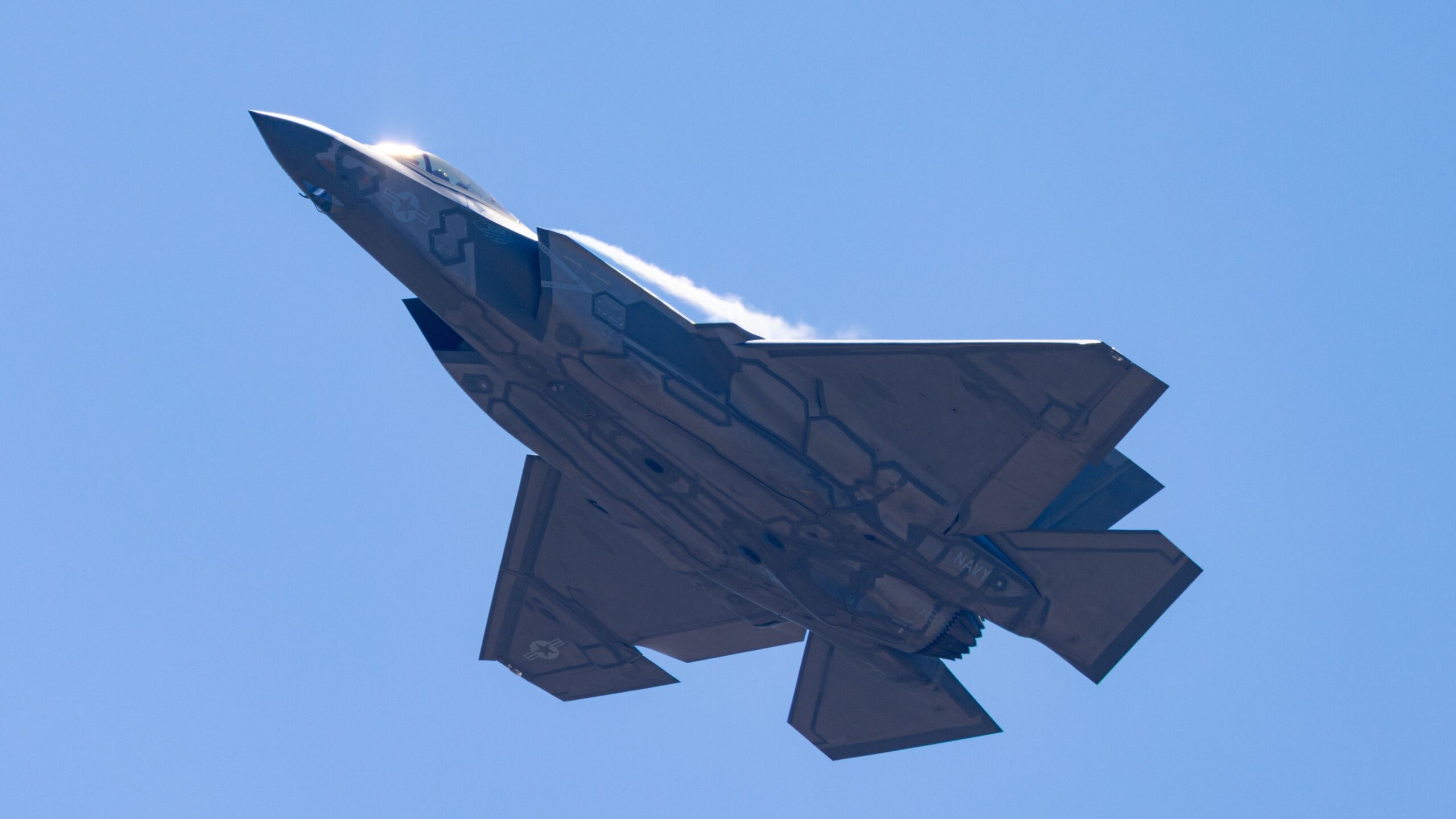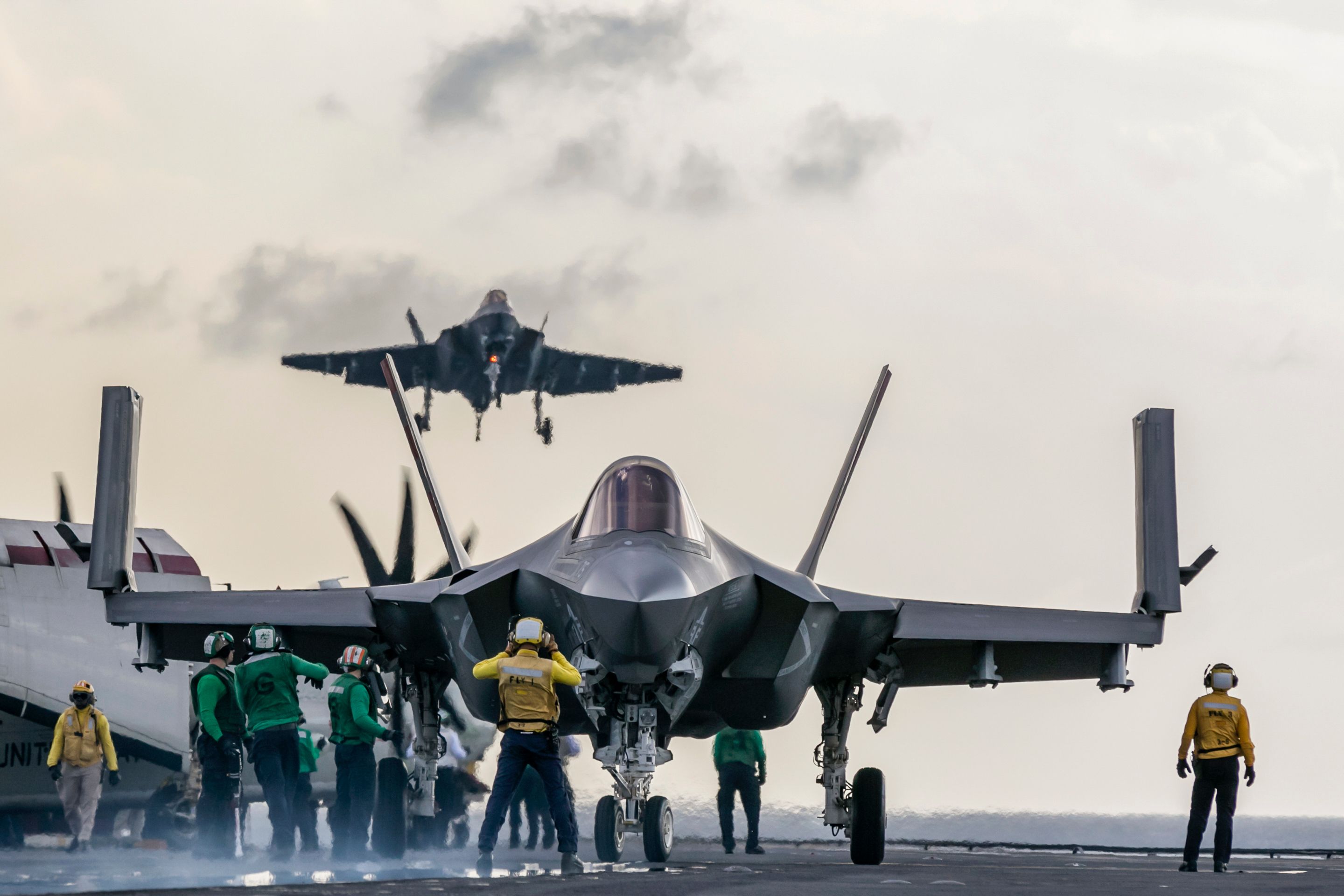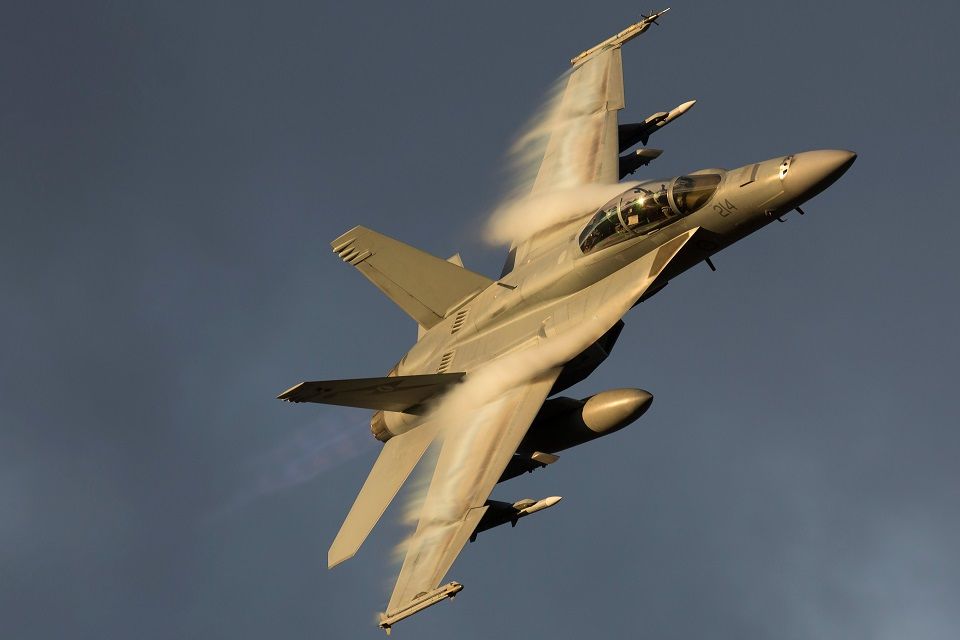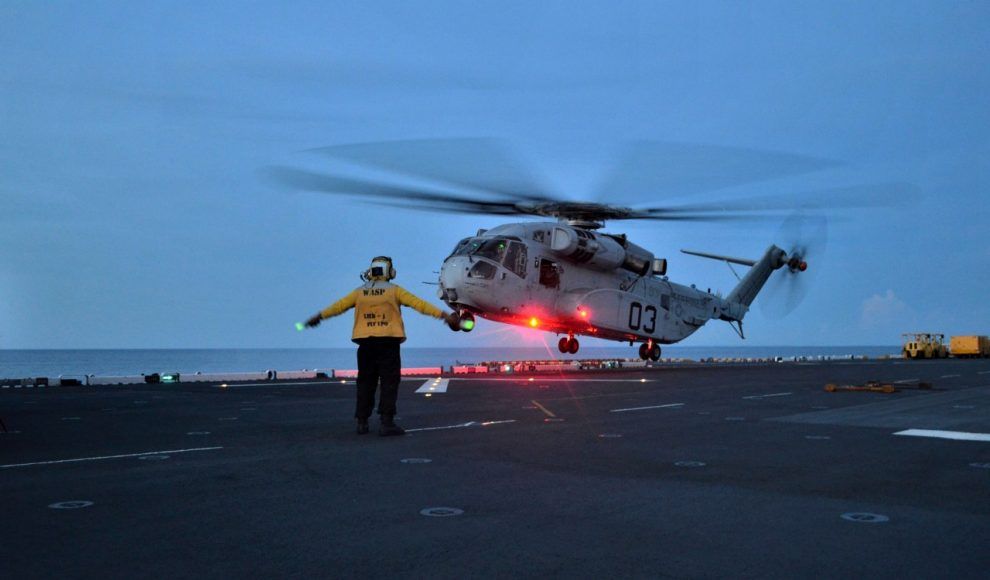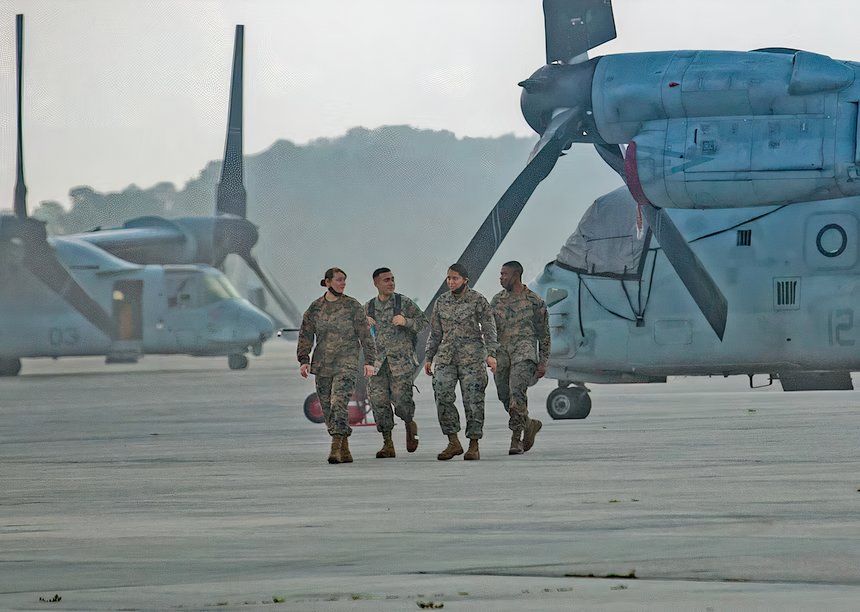Summary
- The US Navy’s FY 2025 budget includes 75 new aircraft procurement, with plans to divest 123 older aircraft, saving millions.
- The Navy plans to acquire various aircraft like F-35B/C, CH-53K, T-54, and MQ-25A, while also certifying more carriers.
- Notable omissions in planned purchases are already funded purchases with ongoing deliveries in FY 2025.
Together with the Marines, the US Navy is arguably the world’s second most powerful air force (after the US Air Force). They have around 3,300 non-drone and trainer aircraft. Their combat fleet boasts some of the world’s most advanced fighter aircraft, like the F-35 stealth fighter, the F/A-18 Super Hornet, and the EA-G Growler. But what aircraft are the Navy and the Marines planning to purchase in FY 2025? Meanwhile, the US Senate has allocated another $3.4 billion for the Air Force to purchase more aircraft.
The Navy’s FY 2025 budget
The Department of the Navy’s (which includes the Marine Corps) March 11 budget request calls for $16.2 billion in total aircraft procurement. Like the Air Force, the Navy’s air fleet is expected to shrink going forward. While only planning to procure 76 aircraft, the combined service plans to divest 123 aircraft in FY 2025.
Photo: Lockheed Martin
“The Department of the Navy plans to retire 123 aircraft in FY 2025 for a total operational savings of $362.9 million in FY 2025. 75 of these aircraft are Navy aircraft ($203.5 million in FY 2025 operational savings), and 48 are Marine Corps aircraft ($159.4 million in FY 2025 operational savings).” – Report on Force Structure Changes for the Fiscal Year (FY) 2025 Defense Budget
Aviation Week notes that the US Navy will see its total aircraft procurement dip in FY 2025 compared to the previous year’s request. This is mostly driven by smaller buys of the Lockheed Martin F-35B and F-35C variants that are replacing legacy fleets of Harrier jump jets and F/A-18 Hornets. The Marines are expected to retire the AV-8B Harrier II jump jet by the end of 2026 as STOVL F-35Bs replace them.
|
US Navy and Marine Corps combat fleet (per FlightGlobal) |
||
|---|---|---|
|
F-35C: |
45 |
Navy |
|
F-35B: |
145 |
Marines |
|
F/A-18: |
592 |
Navy |
|
Harrier AV-8B/+: |
87 |
Marines |
|
F/A-18: |
186 |
Marines |
The Senate Appropriations Committee approved the FY 2025 Defense Appropriations Bill. The bill allocates $81.2 billion for procurement and $26.2 billion in R&D for the Navy. Being a navy, the Navy is spending much of its money ($37 billion) on shipbuilding. Notably, it includes almost a billion ($954 million) for developing the Navy’s Next Generation Fighter (aka the F/A-XX).
Department of the Navy’s planned FY 2025 purchases
The Department of the Navy proposes procuring 75 aircraft in FY 2025. This includes 13 F-35B Lightning II strike fighters for the Marine Corps, and 13 F-35C Lightning II strike fighters for the Navy (although the Appropriations Committee later called for 19 F-35Cs to be procured for the Navy). The US Navy and the Marines are gradually certifying their aircraft carriers and amphibious assault ships to operate F-35Cs and F-35Bs, respectively.
|
Department of the Navy planned FY 2025 purchases |
||
|---|---|---|
|
F-35B Lightning II: |
13 |
Marine Corps |
|
F-35C Lightning II: |
13 (could be increased to 19) |
Navy |
|
CH-53K King Stallion: |
19 |
Marine Corps |
|
T-54 (King Air 260): |
27 |
Navy |
|
MQ-25A Stingray: |
3 |
Navy |
|
Total: |
75 aircraft |
|
The Navy’s proposal calls for the acquisition of 19 CH-53K King Stallion heavy-lift helicopters for the Marine Corps. The King Stallion first flew in 2015 and is an evolution of the CH-53 series of helicopters, which have been in continuous service since 1966. Lockheed states, “The CH-53K helicopter has been designed and built to the exacting standards of the U.S. Marine Corps (USMC) and will serve as its critical land and sea-based logistics connector.” The Marine Corps is planning to eventually procure 200 of them.
Photo: Lockheed Martin
The Navy is asking for 27 T-54 multi-engine training aircraft and three MQ-25A Stingray unmanned aerial refueling aircraft. The MQ-25A Stingray is a newly-developed aerial refueling drone that resulted from the Carrier-Based Aerial-Refueling System (CBARS) program. It first flew in 2019 and the Navy is planning to procure a total of around 76 Stingrays.
The T-54A will replace the aging T-44C and is expected to be in service for 30 years; according to the Navy, its mission is to “ensure multi-engine and tilt-rotor aviators have an advanced platform that best represents fleet aircraft and equips them for tomorrow’s battlespace.” The T-54A the military designation for the Beechcraft King Air Model 260.
Purchasing vs. taking delivery
Notable aircraft lacking from the Department of the Navy’s purchase list are aircraft such as the F/A-18E/F Super Hornet strike fighters, EA-18G Growler electronic attack aircraft, E-2D Advanced Hawkeye radar warning aircraft, MH-60R/S helicopters, MV-22B and CMV-22B Osprey transport aircraft, AH-1Z Viper and UH-1Y Venom helicopters, P-8A Poseidon maritime patrol aircraft, MQ-4C Triton and MQ-9A Reaper unmanned surveillance aircraft, and TH-73A Thrasher training helicopters.
Photo: US Navy
It would appear that funding for these platforms has been completed – and deliveries for some of them are ongoing. For example, FlightGlobal lists Super Hornets, P-8A Poseidons, E-2D Advanced Hawkeyes, Ospreys, and other aircraft as still on order. Some of these will be received in FY 2025. The Navy has already placed what is expected to be the final order for the Super Hornet, and final deliveries are expected to be completed in 2027. Thereafter, the production line will close down.
Looking forward, the Navy is planning to purchase T-45 Goshawk training jets, a version of the C-130J Super Hercules to replace the E6B Mercury aircraft, and KC-130J Super Hercules.

